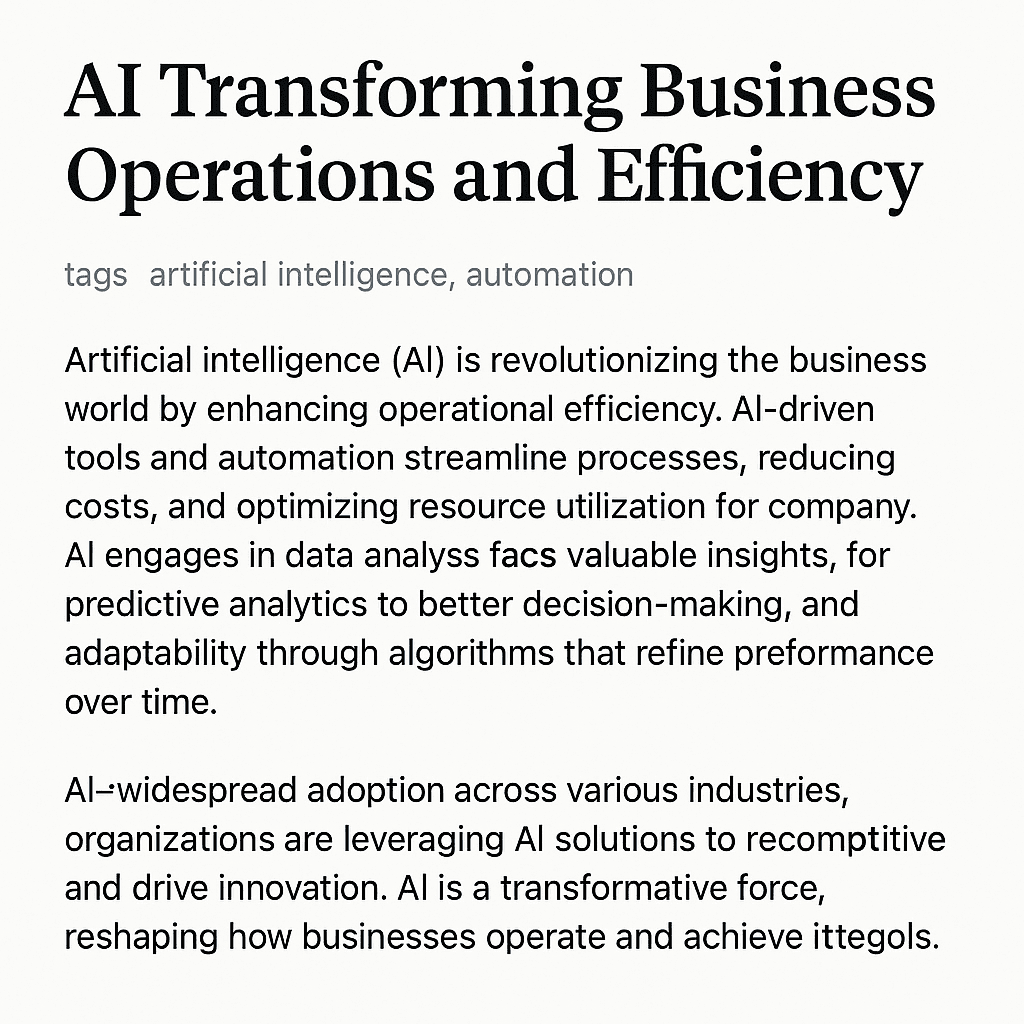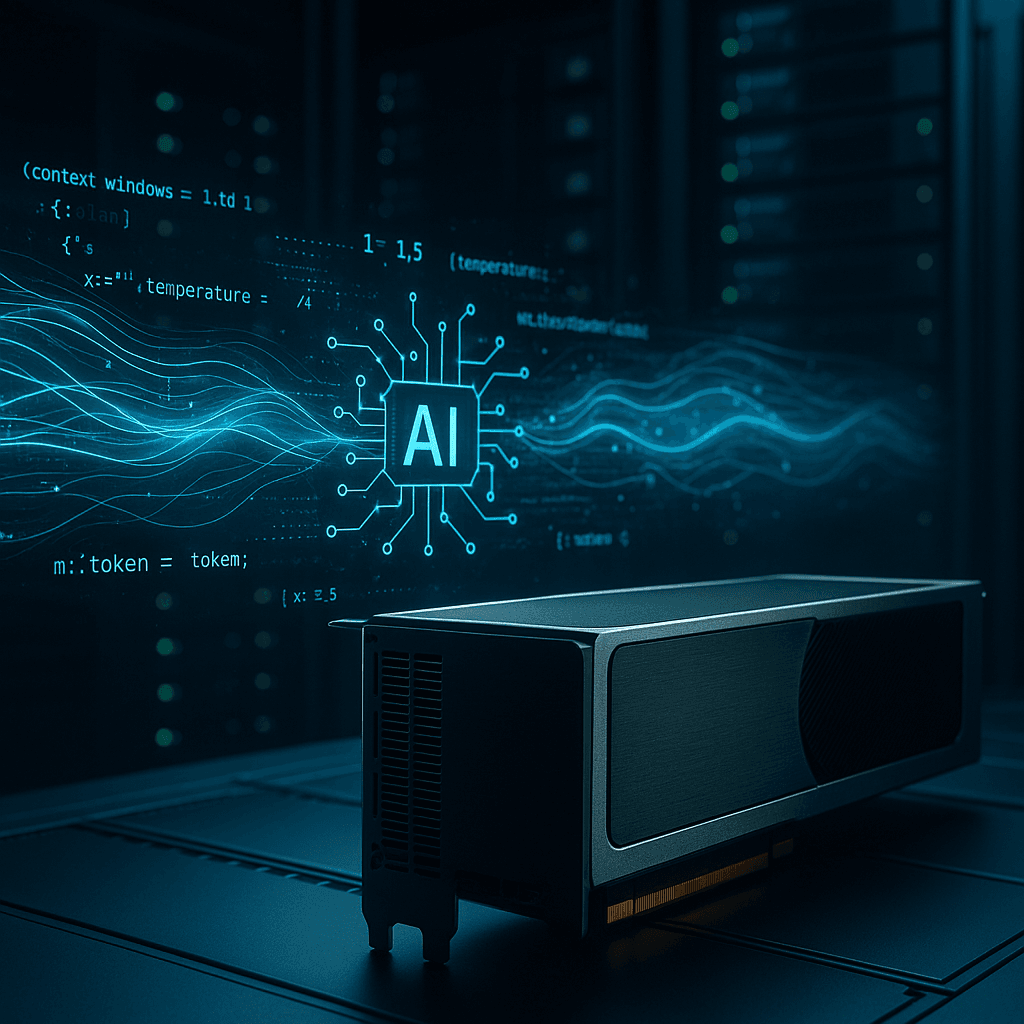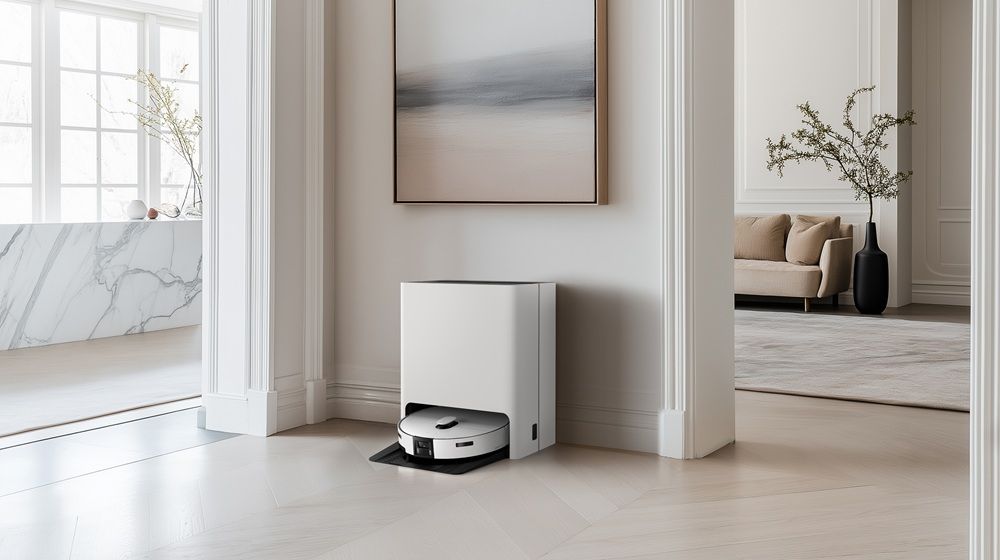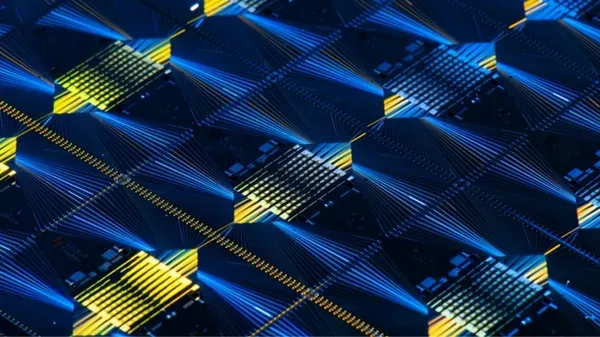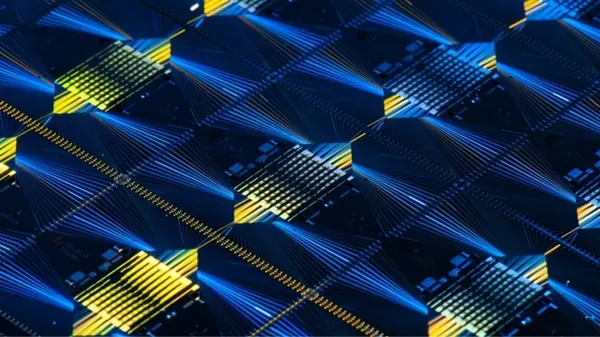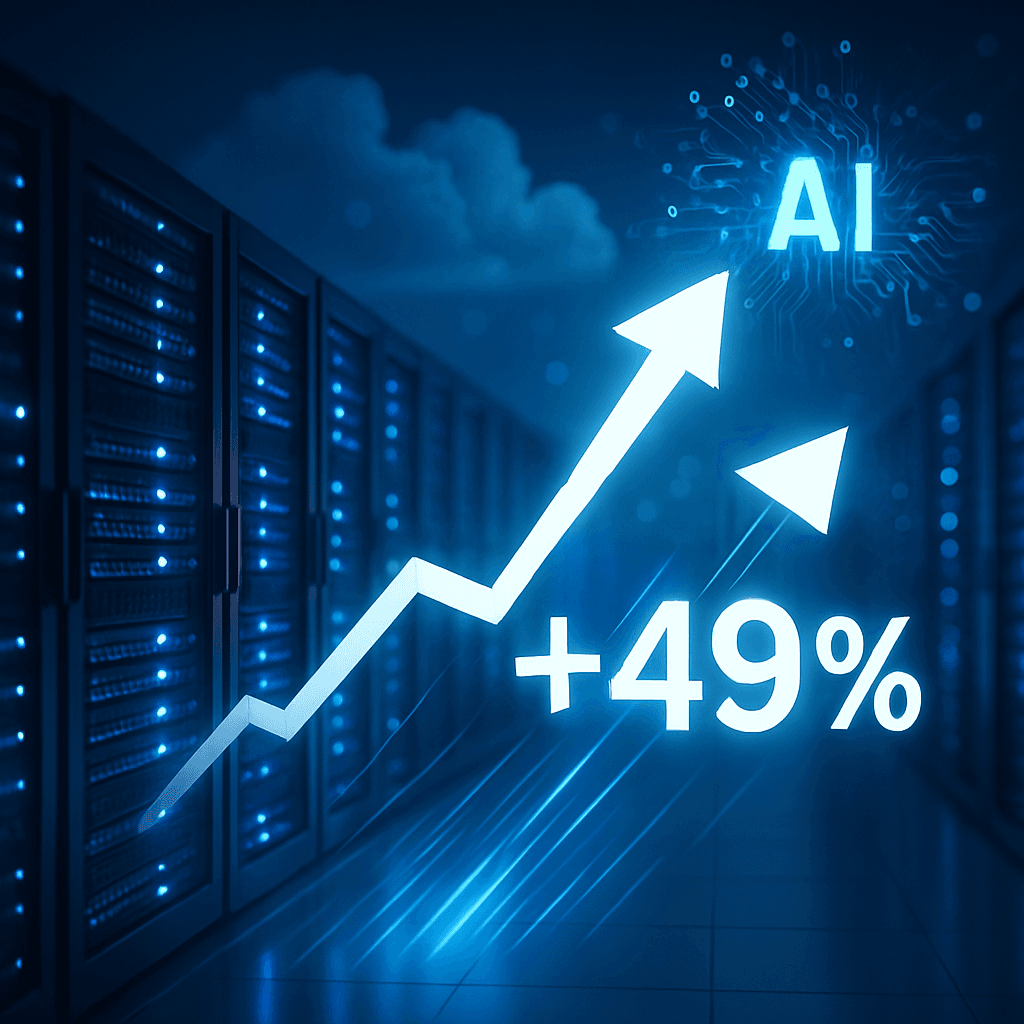At Munich's IAA Mobility conference, NVIDIA Vice President Ali Kani revealed how the chip giant is transforming vehicles from horsepower-dependent machines into AI-defined platforms. The company's cloud-to-car ecosystem now powers everything from Mercedes-Benz's new electric lineup to Volvo's advanced driver assistance systems, marking a decisive shift toward software-defined mobility with safety as the cornerstone.
NVIDIA's automotive ambitions just got a major showcase at Europe's biggest mobility conference. At IAA Mobility in Munich, VP of Automotive Ali Kani didn't just talk about the future of cars - he demonstrated how NVIDIA is already building it, one AI chip at a time.
The timing couldn't be better. While traditional automakers scramble to catch up with Tesla's software-first approach, NVIDIA has quietly assembled what Kani calls the industry's only "end-to-end compute stack" for autonomous driving. It's a bold claim, but the partner lineup backing it suggests they're not bluffing.
Mercedes-Benz used the conference to debut its all-new GLC with EQ-technology and announce expansions to its CLA family - all built on NVIDIA AI and DRIVE AV software. Volvo Cars highlighted its ES90 and EX90 models, both powered by NVIDIA DRIVE AGX for enhanced safety features. Even luxury brands like Lotus are going all-in, showcasing their electric Eletre SUV and hyper-GT Emeya running on NVIDIA's platform.
But it's NVIDIA's three-pillar strategy that's really turning heads. The company has created what amounts to a closed-loop system for autonomous vehicle development: NVIDIA DGX handles AI training in data centers, while Omniverse and the new Cosmos platform simulate real-world conditions for testing. The NVIDIA DRIVE AGX computers then process all that sensor data in real-time once the car hits the road.
"Vehicles are moving from being dependent on horsepower to compute power, from mechanical systems to software stacks," Kani explained during his keynote. It's a fundamental shift that's got the entire automotive supply chain rethinking their business models.
The safety angle is where NVIDIA thinks it can really differentiate. The company's new NVIDIA Halos system promises "full-stack, comprehensive safety" by unifying everything from chip design to software certification. It's backed by the NVIDIA Halos Certified Program and an AI Systems Inspection Lab that validates real-time AI performance.

